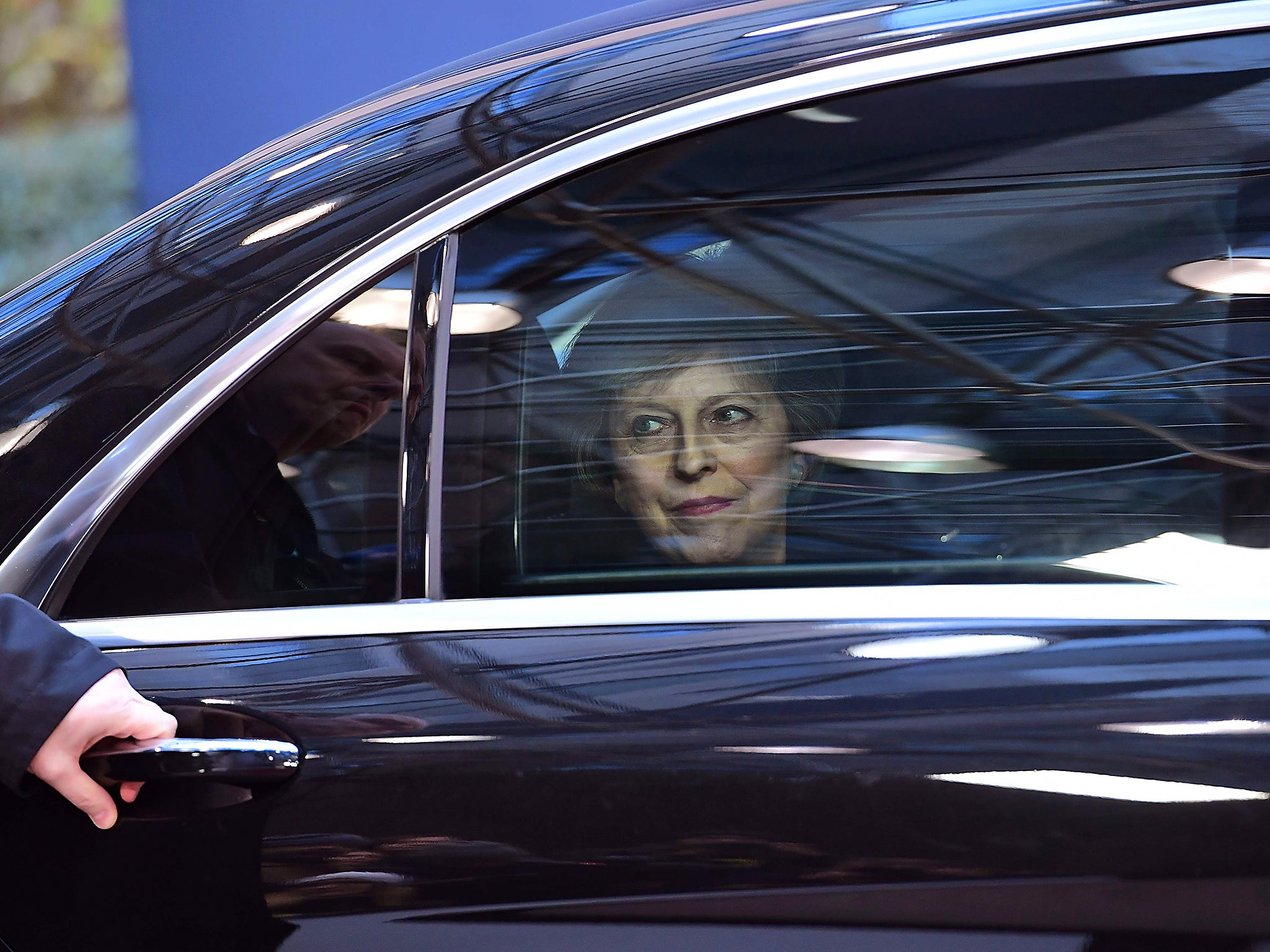Brexit deal could take 10 years and still fail, UK ambassador warns
The Government says it does not recognise the timeframe and that it remains positive

Your support helps us to tell the story
From reproductive rights to climate change to Big Tech, The Independent is on the ground when the story is developing. Whether it's investigating the financials of Elon Musk's pro-Trump PAC or producing our latest documentary, 'The A Word', which shines a light on the American women fighting for reproductive rights, we know how important it is to parse out the facts from the messaging.
At such a critical moment in US history, we need reporters on the ground. Your donation allows us to keep sending journalists to speak to both sides of the story.
The Independent is trusted by Americans across the entire political spectrum. And unlike many other quality news outlets, we choose not to lock Americans out of our reporting and analysis with paywalls. We believe quality journalism should be available to everyone, paid for by those who can afford it.
Your support makes all the difference.Britain and the EU could take 10 years to reach an agreement on trade in the wake of Brexit, the UK's top ambassador to Brussels has reportedly warned ministers.
The consensus among European leaders was that the best Britain can hope for is a UK-EU free trade deal, rather than membership of the single market, and that negotiating such terms might take a decade.
Even if a deal was to be reached, it would have to be ratified by each of the 27 remaining member states - meaning there is a strong chance it could fail.
According to the BBC, Sir Ivan Rogers delivered the bleak prognosis for a post-Brexit deal in a private meeting with ministers in October.
The ambassador's previously unreported advise to Theresa May and her government contrasts strongly with public suggestions that a deal could be completed within the two years after Article 50 is triggered.
It raises the prospect of punishing World Trade Organisation tariffs and border checks being imposed on British businesses which rely on the European market, from the day the UK leaves the bloc to some time in the mid 2020s.
A No 10 spokesman said the Government was not familiar with the remarks and remained positive it could broker a Brexit deal.
A source told the BBC it appeared Sir Ivan was relaying the views of other European states rather than his own or that of the Government.
The spokesman said in a statement: "We don't recognise this. The Government is fully confident of negotiating a deal to exit the EU that works in the interests of both the UK and the rest of Europe."
Reports of Sir Ivan's comments emerged as EU leaders met in Brussels to discuss Brexit - without Ms May being present.
The meeting is expected to involve the appointment of a figure to lead the EU's negotiating team, likely to be France's former EU Commissioner Michel Barnier, who is currently in charge of the European Commission's Brexit team.
Meanwhile on Wednesday the Brexit Secretary David Davis became the first cabinet minister to suggest the process of leaving the EU could be halted even after Article 50 has been triggered.
Speaking at a select committee, Mr Davis also set himself up for a clash with Philip Hammond by saying a “transitional deal” favoured by the Chancellor to ease the pain of Brexit should only be accepted if “necessary”.
He said immigration would not form part of the UK’s negotiating agenda in Brexit talks, cementing one of the Government’s few known positions – that it will refuse to accept freedom of movement. The statement does raises questions, however, about Ms May’s commitment to securing good access to the single market.
The Prime Minister has promised to trigger Article 50 by the end of March, beginning the two-year countdown after which the UK will formally leave the bloc.
Join our commenting forum
Join thought-provoking conversations, follow other Independent readers and see their replies
Comments